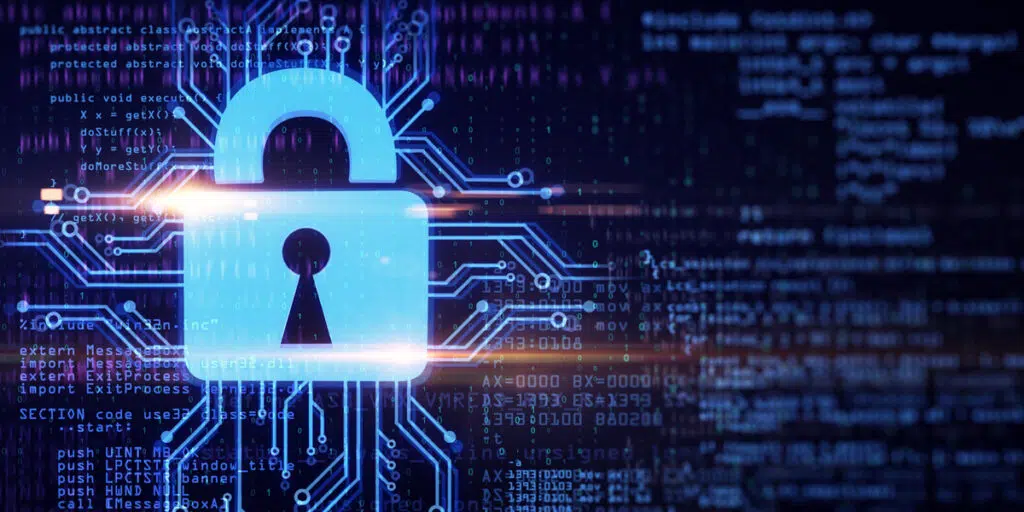Consider your company and what it does from a different perspective. Look at the value of your product or service in relation to the data that you are holding and processing, using, and generating as you and your team perform your duties and obligations. Robert Beuerlein, Principal Consultant of Aerospace & Defense at Frost & Sullivan, put it this way at CMMC CON 2022 when talking about CEOs in the DIB: “(I want them to) take a look at the value they place on their product in relation to the data that they are holding and processing and using and generating in the performance of their duties and obligations. I would argue that that data is more valuable, potentially, than the product that they’re providing.” That’s where the importance of protecting the controlled unclassified data (CUI) of the defense industrial base (DIB) from cyberattacks comes in.
The complexity and vulnerability of the DIB
When examining the growth challenges of this sector three particular issues are front of mind.
- Disruptive technologies – Everybody is connected to everyone else and everything—and that entanglement is increasing in intensity. That natural evolution of modern information technology combined with the low barrier to entry for malign actors to get started, means that companies like yours are constantly under threat.
- Geo-political chaos – There is much unrest in the world and malign actors can take advantage of that chaos to gain footholds. Non-state actors and criminal syndicates can exploit gaps and lock up your data and put ransomware on your systems. Keep in mind that revisionist states are not bound by what we consider to be normal rules of engagement.
- Competitive intensity – The cyber domain touches all aspects of the defense industrial base, from logistics and munitions to data processing and professional services. With five prime contractors and over 200,000 companies around the world part of the DIB, it’s more important than ever to distinguish your company in a positive way.
Impact of the CMMC framework
The Department of Defense (DOD) is keen to tap into the innovation, and as small businesses file 16 and a half times more patents than large corporations, it’s clear where that innovation resides. It’s important that the Cybersecurity Maturity Model Certification (CMMC) not become a stumbling block to these up-and-coming businesses engaging with the DOD.
The requirements of CMMC seek to secure CUI, and the rules that govern these definitions are complex—therefore knowing how to apply them to your business is critical. Also, be mindful that cyber policy changes quickly, and the data and information policy associated with that also evolves fast.
How a managed service provider can help
If all of this is sounding a bit overwhelming, you are not alone. It might make sense for you to partner with a managed service provider (MSP) to help you navigate your CMMC requirements. Here are some of the reasons that working with a MSP might make sense for your organization.
- Firm fixed pricing – A MSP typically examines your CMMC requirements, and assesses your organization, activities, and structures to determine a cost of the engagement. Knowing the cost of alignment with CMMC is extremely useful to a business.
- Rapidly scalable – Knowing you can rely on an outside resource to quickly scale your cybersecurity response in relation to what is happening in your business keeps you covered and secure.
- Access to knowledgeable cybersecurity policy resources – While you are focusing on the business end of your work and the product or service that you’re providing, the MSP is staying abreast of the policy.
- Halo effect impacts other areas – You may have to maintain compliance in terms of training, how you manage your data, how you run your scans and all of your cybersecurity. This work positively impacts the rest of your organization as it expands out around and encompasses other areas of work, making everything run more smoothly and more effectively.
As part of the DIB, it’s important to realize that the data and information generated by your work and their processes is incredibly valuable—and needs to be secure. Meeting and maintaining the requirements of CMMC is an important part of that effort.
If you are looking for an experienced MSP to help you navigate the cybersecurity mandate, contact the experts at CyberSheath.
